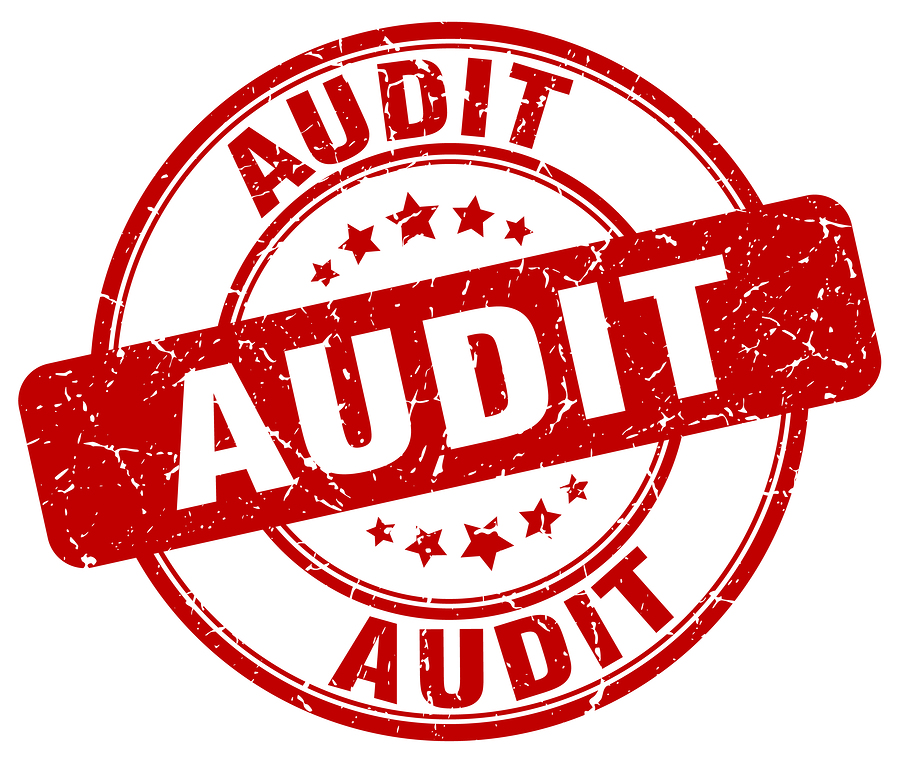
The American Opportunity Tax Credit can be worth up to $2,500 to help pay for tuition.
Updated August 2019
I’ve written in the past about saving for college, but what about if you’ve got that tuition payment coming due this fall? Here are a few tips to help you maximize your tax benefits.
The biggest tax advantage for tuition payers is the American Opportunity Credit which will still be available for 2019. It’s worth up to $2,500 in tax credits. I said tax credit, not a tax deduction! That means that $2500 is written off of your taxes! And for some people, up to $1000 of that is a refundable tax.
What’s a refundable tax? That means, even if you didn’t owe $2500 in taxes, you can still get up to $1000 back from the IRS. How cool is that?
Now the American Opportunity Tax Credit starts to phase out if your Modified Adjusted Gross Income (MAGI) is $80,000 ($160K if married filing jointly) and is completely erased by the time your income reaches $90,000 ($180K for MFJ.) If your income is near, or slightly over, the phaseout limit there are some things you can do now to keep your income in line. (MAGI for most people is their regular income.)
First, the easy thing is to reduce your taxable income by contributing (or increasing the contribution) to your company’s 401(k). Many companies have their benefit sign ups in November so you may have already missed the boat. But some companies are more flexible so it’s worth checking out. The maximum you can contribute to your 401K plan in 2019 is $19,000 (or $25,000 if you’re over 50.) Of course, you’re also trying to pay tuition and perhaps eat once in awhile, so reducing you income by $25,000 might not be an option.
In addition to 401(k) plans, some companies have exempt cafeteria plans for health care or day care. If you can take advantage of those programs it could be helpful in reducing your MAGI. If you know you’ll spend the dollars anyway, why not remove that money from your taxable income? (Frankly, that’s a good idea whether you’re tying to qualify for the college tax credit or not!)
If your income is clearly too high to qualify for the American Opportunity Tax Credit, it may make sense to not claim your student as a dependent and have her put the credit onto her taxes. You’ll need to play with it. The credit isn’t as good when a dependent student claims it herself – she’ll lose the refundable part – so if she doesn’t have enough income for a tax liability, it’s not going to be worth it.
So when paying tuition, how do you get the biggest bang for the buck? If you have a student whose tuition will easily exceed the $4000 required to take full advantage of the tax credit, you don’t really need to think about strategy here. The form you get from the college will show you paid $X dollars for tuition and you won’t have to think about qualifying expenses for tax credits. The form is called a 1098T form. For 2019, you absolutely must have that form to qualify for the American Opportunity Tax Credit. Here’s the thing – your college aged student is over 18, the school is going to give the form to her. You have to get it from your student to file your taxes.
If you’re lucky enough to get good scholarships or an inexpensive school, you’re going to need to be able to prove you spent money on qualified expenses. Tuition, fees, and books count. If your tuition is only $1500, it’s important to keep those receipts for books and campus fees as well to add to your tuition expense. Room and board won’t count.
{A note about books: if you have an older student and couldn’t claim books in the past because of the restrictive rules, it’s changed for this credit. Now, your student can buy books from a used bookstore, Amazon.com or any other place where student texts are sold, and still use the receipt towards this credit.}
On the flip side, if you’ve got a student at an expensive school and you’re well over the $4,000 threshold, you might not want to pay the second semester tuition before January, especially if you have a student thinking about taking a year off. Pay that next year’s tuition in January so you can spread out the tax credit.
With the American Opportunity Credit, you get a 100% tax credit on the first $2000 of tuition paid. That’s a dollar for dollar tax credit. After that, you get a credit of 25% of the next $2000 of tuition paid. The first $2000 worth of tuition is more valuable than the next. Still, a 25% tax credit is nothing to sneeze at either. Also, if you pay tuition in 2019 for classes that will be taken within the first three months of 2020, that counts towards the credit too. Come December, if you haven’t already exceeded the $4,000 tuition expense amount, it may make sense to pay your next semester a little early.
Which students qualify for this credit? It’s available to students who are in their first four years of college, they must be at least a half time student, they have to be at a qualified institution, and they cannot have a felony drug conviction.
If you’d like more information on the American Opportunity Credit, or other education credits, IRS publication 970 has answers. (It’s 83 pages long, but it does have almost everything in there.) You can access it here: IRS College Tax Credit
One final thing, because everybody asks me this: if you pay for tuition with a loan, it still counts as you paying tuition. You can still claim the credit.










